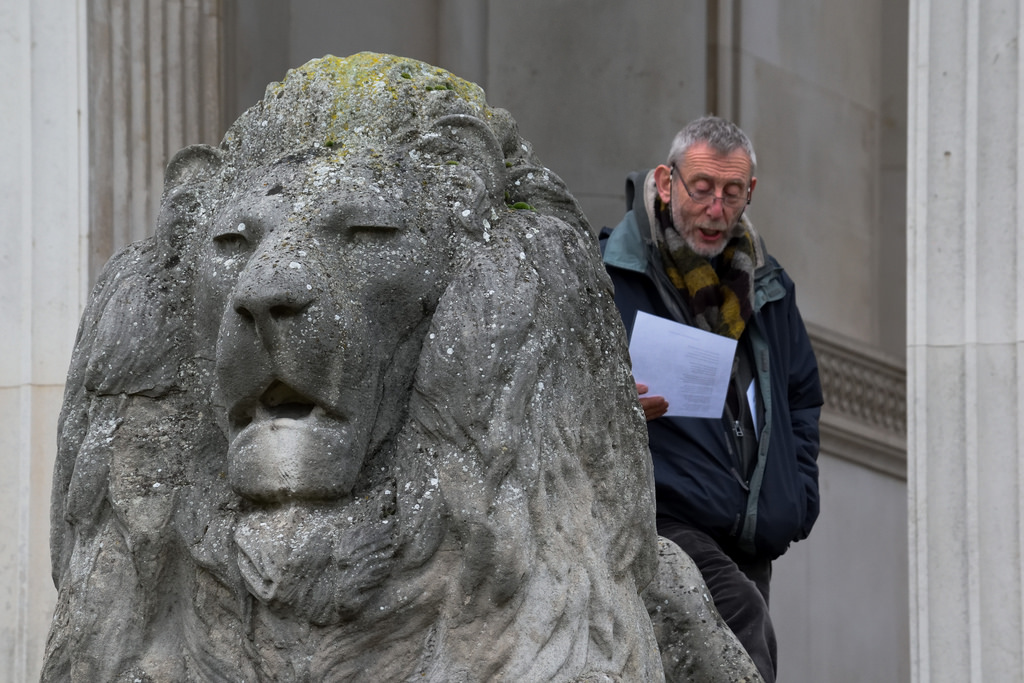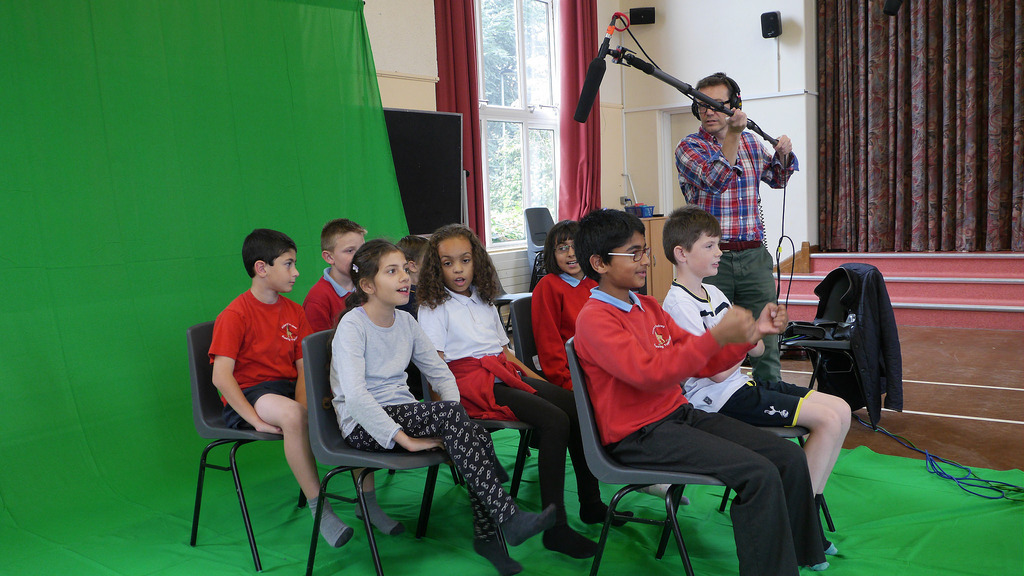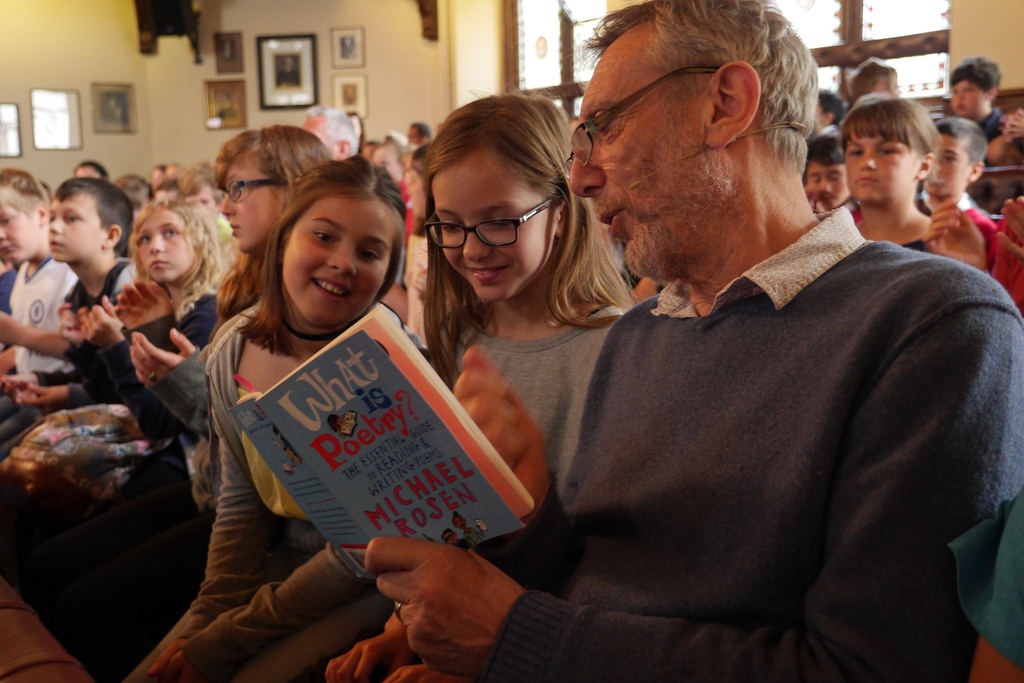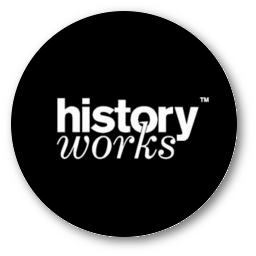Historyworks Featured Article at My Cambridge Marketplace at The Fitzwilliam
Creating My Cambridge
The practice & impact of using ‘history beneath your feet’ to inspire creative responses for primary aged children demonstrating cultural confidence- building and an increased sense of belonging for the participants and their families.
Historyworks has designed a series of Public Art projects called ‘Creating My Cambridge’ which are funded by S106 Public Art Grants awarded by Cambridge City Council under the umbrella of the ‘My Cambridge’ initiative. Additionally, aspects of the project have been developed and enhanced because the quality of the project has attracted further funding from Arts Council England and the music element will be extended and embedded this year with a donation for funding singing in schools via two Charitable Trusts. You can see the website with resources & events here:
http://www.creatingmycambridge.com/
Walking History Trails to Inspire Creativity
Historyworks has devised ‘Creating My Cambridge’ collaborating closely with participating artists and cultural institutions, schools and community groups, in order to co-create history trails which start at the front door of primary schools leading students and their families into the centre of Cambridge by the Guildhall, stopping off at historically interesting places in neighbourhoods along the way.
In summary, the project involves a series of workshops to facilitate participants to compose their own poems and songs and raps about places so that they grow in cultural confidence, taking ownership of cultural venues and heritage spaces, with Historyworks organizing events and 'take-overs' of significant spaces where the art work and performances and films co-created by the young people are then showcased within cultural venues, such as museums and art galleries, to share the spaces and increase cultural confidence that these institutions are for all people in Cambridge to have a sense of 'cultural entitlement'.
Researching Historical Places & People
These Cambridge City Council funded Public Art projects commence with the team at Historyworks researching topics informed by community consultation and school teachers’ guidance and then chosen in conversation with primary students so that the stories are relatable for them and their families in Cambridge to engage with ‘history beneath your feet’ and also have resonance with the primary school curriculum.
Commissioning Songs and Poems From Artists
The next step of the process in the place-making is to use these curated stories from the past as inspiration for commissioned artists (poets, rappers, songwriters, sound producers) to compose lyrics and melodies. Historyworks therefore begins the pubic art process by co-creating a series of top quality lyrics commissioning CBBC's Horrible Histories songwriter, Dave Cohen, and the famous children's poet and broadcaster, Michael Rosen. The artists work closely with Helen Weinstein, before and after they workshop songs with the children, using the details of the historical research about Cambridge’s people and places, to co-create a new repertoire of songs and poems, a songbook for Cambs! Using public art funding, Historyworks has been able to provide a unique inspiration for the children by their meeting top artists and learning to perform bespoke songs and lyrics inspired by ‘history beneath your feet’.
Importantly, Historyworks has funded expert musical directors to coach their voices so that the children have a dynamic singing introduction to the ethos of the project, learning from the artists to take risks and be playful with words, and at the same time by using their voices together and bringing their ideas about how best to perform the songs, the children can start taking ownership of the stories and places through singing about Cambridge.
PHOTOS SHOWING CHILDREN ON FIELDTRIPS EXPLORING


Exploring Their Local Area Past and Present
For all of the projects, Professor Helen Weinstein, in her role as a Public Historian has taken on the challenge of translating historical research to be engaging for the young people and their teachers, by leading the history walks, and shaping up the resources for the teachers. Historyworks has made all the resources freely available online at ‘Creating My Cambridge’ so they are all easy to find so participants to shape up their creative responses. Allowing the children to repeat their walks, have time to stop and look and ask questions has been at their request. Everyone at Historyworks has had to stay flexible and do more because we’ve been asked for more! This has been an important part of the project, to listen to the enthusiasms of the young people, to explore different parts of their neighbourhoods, walking teachers and their classes, inviting parents/carers out on numerous field trips to cultural venues, historic sites, and museums and the historic centre of Cambridge.
Then and Now Activities – Surprising Findings
There were some surprising findings on the fieldtrips, for example, there were children living in neighbourhoods ten minutes walk away from the Cam who had never seen the river or a swan. Also many were in awe because once we walked all the way to the Guildhall they did not recognize the historic buildings and had clearly never visited as far as the market place before. We took them up Great St Mary’s Tower, which was underlining the place-making because when they climb up above the roof-tops they can see their route leading to their neighbourhood. We found out that not only had children not visited many places of cultural or historical significance in Cambridge city centre or in their neighbourhoods, but many of the teachers had not either!
Process of Recording Sharing In Schools
So a first step for these children is to have fostered within them and their families and schools a cultural entitlement to all that the city has to offer. To achieve this, Historyworks has learnt that it is essential to have repeat visits, to help the community take ownership of the places. And the second step, has been to support them in their creative endeavours, and to produce high quality recordings and films of their creative pieces, to encourage and enable young people to become reflective and have a better understanding of themselves and their area, giving them confidence in their entitlement to cultural venues, and to know the routes to navigate their area and into the city, on foot!
Inspirational Lead from the Poet Michael Rosen
Michael Rosen has encouraged the children to use their five senses, and a big hit has been to mimic the concept from Michael Rosen’s poem about the Fitz Lions, which is to voice a poem or song or rap from the perspective of a stone animal outside or inside a cultural venue, what might you see and hear from people going in and out the front door!
PHOTOS OF MICHAEL ROSEN
I n the first picture you can see Michael with the Fitz Lions inspiring children to write about “the history beneath their feet” ,
n the first picture you can see Michael with the Fitz Lions inspiring children to write about “the history beneath their feet” ,
 Michael is pictured holding prehistoric coprolites of the Sidgwick Museum, which Victorian mining find is the subject of his new Cambridge poem which has inspired dozens of the children to write their own pieces
Michael is pictured holding prehistoric coprolites of the Sidgwick Museum, which Victorian mining find is the subject of his new Cambridge poem which has inspired dozens of the children to write their own pieces
Artists Working With Historyworks
We’ve collaborated with a variety of musicians and artists, using different cultural practices and technologies to engage young people and the wider community in each place-making project.
This variety is provided intentionally giving young people a taster menu of interactive and creative pathways which helps incentivize participation for all, particularly those less likely to engage in cultural activities, and supports them to express their identity. Filming and photography has worked well as an artistic practice for many of the students. By co-creating public art pieces along the routes to places, all the young people learnt the rewards of taking risks, and witnessed that the journey can become just as interesting as the destination!
Co-Creating Films and Soundscapes
Co-creating films and soundscapes was the important step for the children to not only underpin their learning, but the project used this Public Arts experience for cognitive learning, confidence building, problem solving and communication skills. The children were inspired to come up with their own scenarios for showcasing their tours to their schools and beyond. Their artworks have been showcased at events in the University’s festivals, historic buildings and museums, and also at local events.
PHOTO SHOWING CHILDREN WITH GREEN SCREEN FILMING


Workshops at Cambridge Union to Share Songs and Poetry with Michael Rosen
All children chose their topics and wrote poems and songs which we rehearsed and recorded with them to share across the schools and many of the participating schools have also held exhibitions and concerts within schools for their community. To celebrate the young people’s creativity we’ve held mass gatherings of year 5s to perform their Cambridge poems and our songs alongside Michael Rosen. All of the participating children have again repeated their walks into town to embed the practice of walking to cultural events in the city. We’ve rehearsed, recorded, performed, filmed and pinned these voices to the places – thus co-creating public art pieces along the route to places, underlining again that the journey can become as interesting as the destination!
Taking Ownership of Cultural Venues
Our methodology has been to follow up school visits soon after with FREE events to give young people the opportunity to take family and friends to venues because we know from heritage education research that ‘once’ is not enough to give some families cultural confidence. This is why the further funding has focused on embedding cultural confidence with repeat visits with new artistic practices to sites like Cambridge Museum of Technology, where we’ve hosted concerts, sound installations, and ‘doing and making’ activities with over a thousand attending during one half-term weekend, such was the success of the project. We’ve managed to transform children who had not known the museum before our project, to become repeat visitors, with expert knowledge! One parent, coming hesitantly through the door with a ten year old for an event was heard to say ‘What do we do now?’ and his son taking his father by the hand replied confidently ‘I’m going to take you on a tour’.
PHOTOS OF MICHAEL ROSEN WITH YOUNG PEOPLE AT THE CAMBRIDGE UNION DEBATING CHAMBER


Michael Rosen = the Voice of the Trails
Historyworks will involve a further ten primary schools, collaborating with Michael Rosen for our “Walking Cambridge” project over the next school year. Michael Rosen will record all the scripts for the history trails, helping Historyworks leave a lasting legacy for future children and their communities, with his poems and lyrics pinned alongside the recordings by the children of their pieces and the songs of the project. One of the important aspects of this project has been supporting the schools for appropriate consent to be photographed and filmed, and although some cannot be included in filming, all have had consent for audio recording, so we’ve not had to leave any out of the project. Crucially, too, the artists involved have all agreed to the Historyworks criteria of Creative Commons contracts so that the poems and songs can be performed again, recycled and mashed, without the restrictions of copyright or repeat fees.
The Impact of the Place-Making Methodology
The feedback from the young people, their carers and teachers, has been that this Public Art place-making delivered by Historyworks with a range of artists has been a very stimulating way to be inspired by journeys to cultural destinations in Cambridge. The children approach history and poetry and singing as challenging activities, and then they have been embraced as fun activities! Young people’s requests for repeat visits and a variety of artistic practice and venues for exploring their local area’s places, people and community, has seen some fantastic curation, exhibitions, art pieces by young people giving voice to their own sense of identity and creative place-making.
Piloting Bluetooth Digital Beacons & Geocache Activities & Trails
Lastly, we’ve collaborated with electronics partners to make the journey to the destination a new experience for our participants and encouraged the wider community to *bump* into art through the use of new digital technologies.
Therefore during the S106 projects, we’ve been piloting new Bluetooth beacons which allow Historyworks to pin the history and the artworks to a place, thereby using electronic gizmos designed on our doorstep by ARM, to provide new ways for people to connect with creative practice and experience culture. The Bluetooth beacon experimentation has astonishing potential for partnership work with cultural spaces - museums and galleries, parks and gardens, orchards and woodlands. We’ve also used geocaching as a playful way for a community to host a new trail with us to navigate cultural and historically significant places.
Walking History - Legacy
Our legacy project is creating twenty bespoke trails as a resource for schools, families, and communities to use. We are publishing ten in 2017 and a further ten by the end of 2018 and you can find the trails completed thus far here:
http://www.creatingmycambridge.com/trails/schools-history-trails/
Creating My Cambridge Website
Also, we are providing a legacy of resources on our Creating My Cambridge website. If you would like to use the history resources there are many introductions with illustrated powerpoints to use in class, and more will be published during 2017 and 2018 here:
http://www.creatingmycambridge.com/history-stories/
All the songs and poems with Michael Rosen and our artists, are creative commons, so you can use the scores and words and audio links provided for school, family, and community events, and all that is necessary is appropriate credit on the programme, but these resources are free to use: http://www.creatingmycambridge.com/songs-creative/
Further, Historyworks has funding for another set of Michael Rosen trails leading from primary schools into Cambridge market place, and so if you would like to be involved in this project as a school or as a practitioner or arts organisation, or to suggest a new project, please get in touch.

Helen Weinstein, Director of Historyworks, invite you to contact Historyworks and collaborate with us in Cambridge or beyond, by emailing us at historyworkstv@gmail.com or call 07974-827-753


